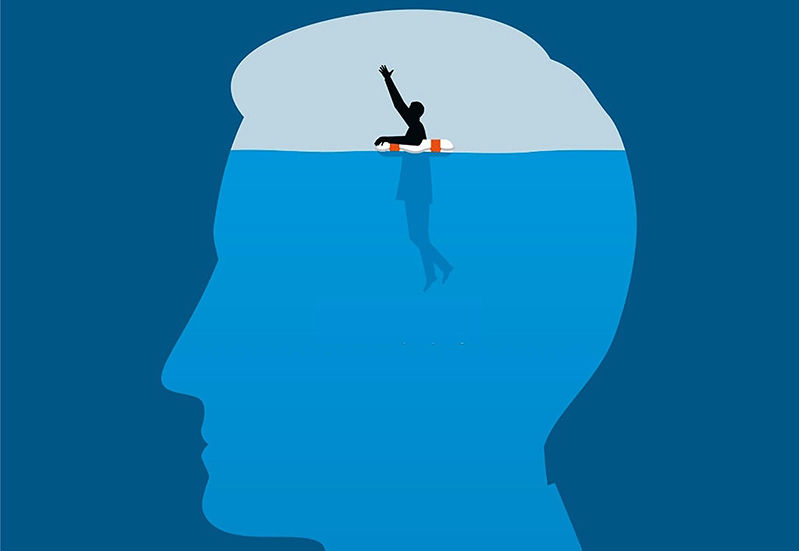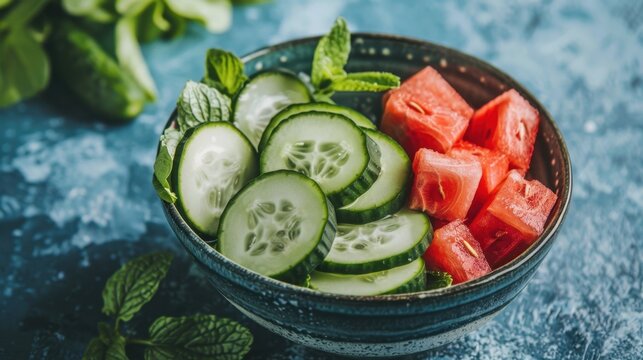
Mental health is an essential part of, by and considerable, prosperity, yet it is frequently ignored. In the present quick-moving world, dealing with your mental health is testing. However, it is fundamental. In this Blog, we’ll share a few Practical tips and bits of knowledge on how you can improve mental health. This article gives supportive procedures that are easy to integrate into daily practice.
Understanding Mental Health
Mental health includes our close-to-home, mental, and social prosperity. It influences our thought processes, feelings, and actions. It likewise decides how we handle pressure, connect with others, and resolve. Mental health is significant at each phase of life, from youth and puberty through adulthood.
Common Mental Health Issues
Mental health issues can differ in seriousness and type. Some normal mental health issues include:
- Anxiety Disorders: These involve excessive fear or anxiety.
- Mindset Problems: Like sadness and bipolar issues.
- Psychotic Disorders: Like schizophrenia, which includes mutilated thinking and mindfulness.
- Dietary problems: Including anorexia, bulimia, and voraciously consuming food issues.
- Behavioral conditions: Conditions that influence an individual’s way of behaving and approaches to connecting with others.
Tips to Improve Mental Health
Further developing your mental health doesn’t necessarily need exceptional changes. Little, steady activities can have a huge effect. Here are a few pragmatic tips:
Stay Physically Active
Practice isn’t just about actual wellness; it significantly affects mental health. Standard actual work can decrease tension, gloom, and negative mindset by working on confidence and cognitive capability. It additionally delivers endorphins, the body’s normal state of mind lifters.
Types of Exercise to Consider:
- Exercise: Like running, cycling, and swimming.
- Strength Preparing: Utilizing loads or opposition groups.
- Yoga and Pilates: These combine physical activity with mindfulness.
Keep a Healthy Diet
A healthy Diet is essential to improve mental health. An even diet can further develop temperament and energy levels. Eat different food sources to guarantee you get all the fundamental supplements.
Foods That Improve Mental Health:
- Omega-3 Fatty Acids Found in fish, flaxseed, and walnuts.
- Fruits and Vegetables: Rich in vitamins and antioxidants.
- Whole Grains: Like oats, earthy colored rice, and entire wheat.
- Lean Proteins: Like chicken, turkey, tofu, and vegetables.
Get Enough Sleep
Quality rest is indispensable to improve mental health. The absence of rest can prompt emotional episodes, uneasiness, and discouragement. Go for the gold and have long periods of rest every evening.
Tips for Better Sleep:
- Establish a Regular Sleep Schedule: Hit the hay and wake up simultaneously consistently.
- Create a Restful Environment: Make your room dim, calm, and relaxed.
- Limit Screen Time: Stay away from screens an hour before bed.
Practice Mindfulness and Meditation
Care and contemplation can assist with decreasing pressure and further developing center and close-to-home guidelines. These practices include focusing on the current second without judgment.
Basic Mindfulness Practices:
- Profound Breathing Activities: Spotlight on your breath and let go of strain.
- Guided Meditations: Use applications or online assets to track down directed meetings.
- Mindful Walking: Focus on the sights, sounds, and sensations of walking.
Connect with Others
Solid social associations are critical for mental health. Investing energy with loved ones can offer profound help and increase feelings of belonging and bliss.
Ways to Connect:
- Routinely Call or Get Together with Friends and Family: Even a speedy talk can support your temperament.
- Join a Club or Gathering: Track down individuals with comparable interests.
- Volunteer: Helping other people can work on your temperament and extend your informal community.
Set Realistic Goals
Having objectives gives you something to pursue and can help your confidence. Ensure your objectives are sensible and attainable.
Setting Effective Goals:
- Be Explicit: Clear and characterized objectives are more straightforward to accomplish.
- Separate Bigger Objectives: Gap them into more modest, reasonable advances.
- Observe Accomplishments: Recognize and reimburse yourself for meeting objectives.
Seek Professional Help When Needed
Now and again, self-improvement procedures are inadequate. On the off chance that you are encountering extreme or industrious mental health issues, looking for proficient help is significant.
Types of Professional Help:
- Specialists and Counselors: Can give talk treatment to assist you with dealing with your feelings.
- Psychiatrists: Can recommend medicine if necessary.
- Support Gatherings: Offer a local area of individuals with comparable encounters.
Conclusion
Dealing with your mental health is a continuous cycle. By integrating these tips into your daily practice, you can take considerable steps in further developing your mental prosperity. Keep in mind that looking for help and discussing your mental health is OK. Focusing on mental health is critical to a more joyful, healthier life.
FAQs
- Q: How truly does practice work on mental health?
- A: Exercise discharges endorphins, which are regular mindset lifters. It likewise decreases levels of the body’s pressure chemicals, like adrenaline and cortisol. Also, exercise can work on confidence and mental capability.
2. Q: What food sources are best for mental health?
- A: Food varieties rich in omega-3 unsaturated fats, like fish and pecans, products of the soil high in nutrients and cell reinforcements, entire grains, and lean proteins are fantastic to improve mental health.
3. Q: How much rest do I want for ideal mental health?
- A: Most grown-ups need between 7-9 hours of rest each night for ideal mental health. Quality rest manages temperament and works on mental capability.
4. Q: What is care and what might it do?
- A: Care is the act of being available and completely absorbed by the ongoing second. It decreases pressure, further develops concentration, and upgrades the close-to-home guideline.












3 responses to “Tips to Improve Mental Health: Boosting Your Mental Health in Everyday Life.”
[…] the importance of preserving harmony not merely in physical wellness, but in addition in mental and psychological wellness. In this Blog, we’ll explore functional techniques to assist you in handling family issues […]
[…] Recommendation: intention for a minimum half-hour of mild exercising maximum days of the week. Activities like strolling, cycling, swimming, or yoga may be especially beneficial for both bodily and mental fitness. […]
[…] professionals from NSW Health would like to offer: from eating well to being active, from mental health issues to prevention measures. Let’s delve […]